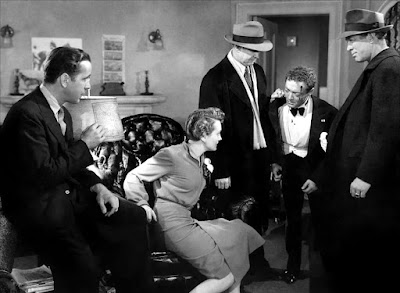You've seen those old crime movies. Detectives wearing fedoras arrive unannounced at some poor schmuck's home and accuse the guy of committing murder.
"Am I under arrest?" the schmuck askes nervously.
"Not yet," a detective snarls, "but don't leave town."
American universities are beginning to act like movie detectives. To stem the tide of COVID, they have become dictatorial and autocratic. Last December, hundreds of students were quarantined in their dorm rooms and forbidden to walk their campuses due to the COVID crisis.
For example, the Washington Post recently reported on Oscar Lloyd, an undergraduate at Columbia University, who was isolated in a cell-like room for ten days after testing positive for COVID. The university fed him and presumably let him out to shower, but he was not allowed to leave his assigned room to exercise. His life for ten days must have been very much like being in jail.
And at Princeton, the university recently took the extraordinary step of confining all students within the boundaries of Mercer County, where Princeton is located.
What will happen if a Princeton student breaks out of stir and makes a run for Hoboken? Will the campus police pursue him, sirens wailing and guns blazing, like a scene from a Jimmy Cagney movie?
False imprisonment is a civil offense under the common law. According to the Restatement (Second) of Torts, people are subject to liability for false imprisonment if they confine a person within fixed boundaries against that person's will and the confined person knows he is confined.
Can universities be sued for false imprisonment when they quarantine their students? I doubt it.
After all, the detained student can always elect to drop out of school and leave the campus. And a genuine health emergency can sometimes justify draconian measures.
Nevertheless, the COVID pandemic is in its second year, and colleges and universities are becoming increasingly inhospitable and tyrannical.
In my view, elite colleges can't justify tuition rates at extortion levels while forcing their students to take online classes, submit to being quarantined, or be restricted from moving freely when they are off-campus.
It costs students almost $80,000 a year to study at Princeton. Do you think a student laying out that kind of bread wants to be confined to Mercer County?
 |
| You're not under arrest yet, but don't leave Mercer County. |



